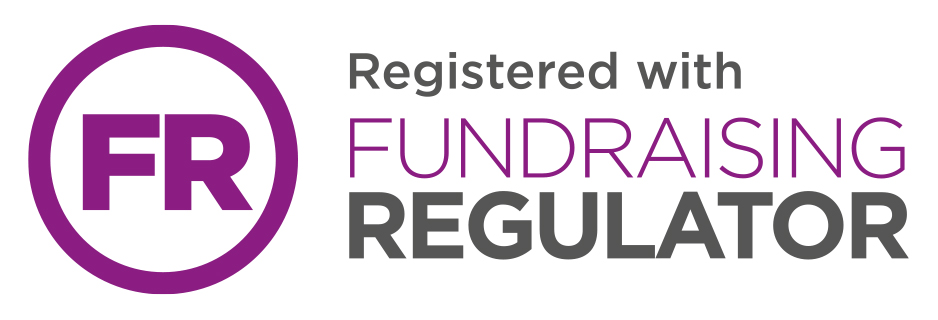Why young people’s mental health?
The crisis in young people’s mental health is alarming.
Statistics around mental health should be treated with caution as they tend to band together different mental health disorders with differing degrees of severity hiding the individual challenges faced by people. That said, the statistics are striking:
- The rate of probable mental health disorders among young people has more than doubled in the last 5 years according to the NHS Mental Health and Young People Survey (2023).
- In 2023, 22% of young people aged 17-24 in England had a probable mental health disorder (NHS Digital).
- Referrals to children’s mental health services have nearly trebled in 7 years.
There are simply too many young people across the UK struggling with mental health issues, disconnected from society, their friends and families and themselves.
Many young people are unable or unwilling to access statutory mental health services. Many do not reach the threshold to be seen and, if they do, might have to wait months or even years. Many struggle to engage with the traditional services on offer. Existing NHS mental health services for young people are overwhelmed by demand.
Three quarters of mental health difficulties occur before the age of 24 and half by the age of 14. Research shows that unless properly handled at a young age, many of these young people will go on to have life long mental health challenges.
The role of social and environmental factors contributing to health difficulties, both physical and mental, is widely acknowledged.
Non-clinical forms of support or clinical support delivered in engaging, non-clinical settings can provide a pathway to support for those who otherwise would not have engaged with traditional therapy or been unable to access it.
We want to grow the availability of innovative and accessible forms of therapeutic support.
“We are in danger of creating
a lost and lonely generation, disconnected from themselves, their families and
friends.”
CEO, SANE
WHAT ARE SOCIAL PRESCRIPTIONS?
There is growing evidence that non-clinical approaches, known as social prescriptions, can have a huge benefit on people’s health and wellbeing.
FIND OUT MORE
